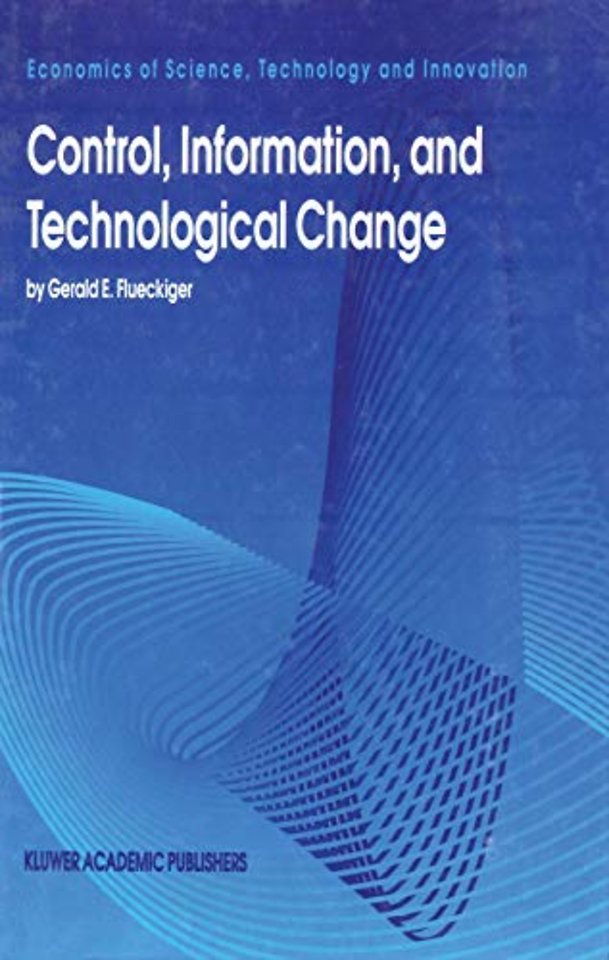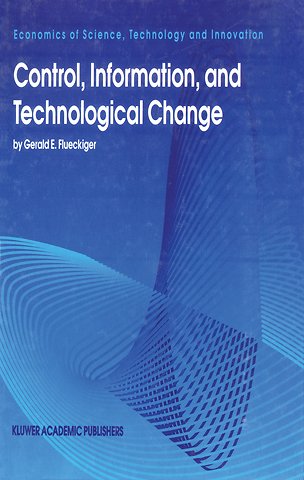Control, Information, and Technological Change
Samenvatting
Information theory, cybernetics and the theory of finite automata are used to model learning-by-doing, bounded rationality, routine behavior, and the formation of teams. The non-neoclassical characterization of production developed in this book ignores the usual quantitative relationships between inputs and outputs and instead views production strictly as a problem of control and communication. The motivation for this unconventional characterization of production comes from Schumpeter's critique of neoclassical economic theory. Schumpeter argued that neoclassical economic theory, and the habits of thought engendered by it, was the major obstacle to acquiring an understanding of technological change. The non-neoclassical characterization of production developed in this book is in keeping with how economic historians describe specific technological changes and how they write technological histories about particular machines, firms or industries.

